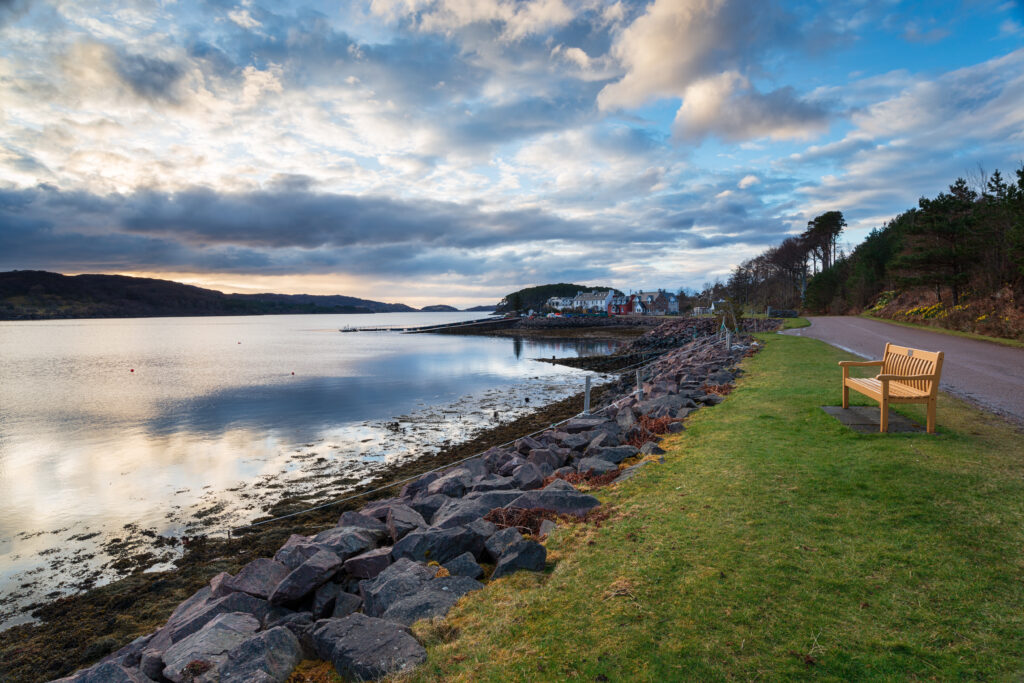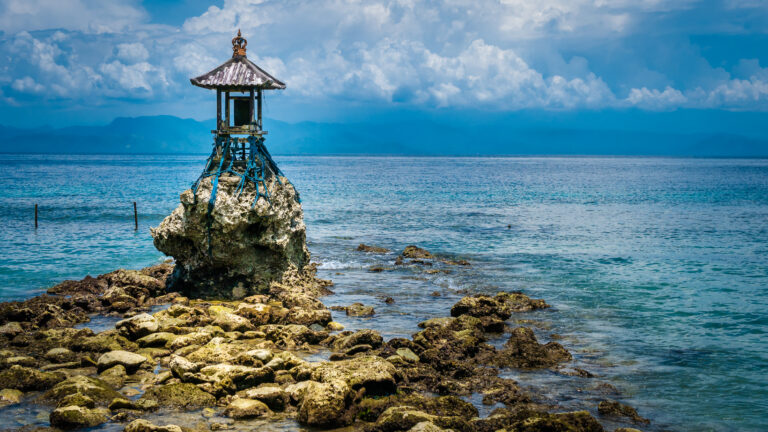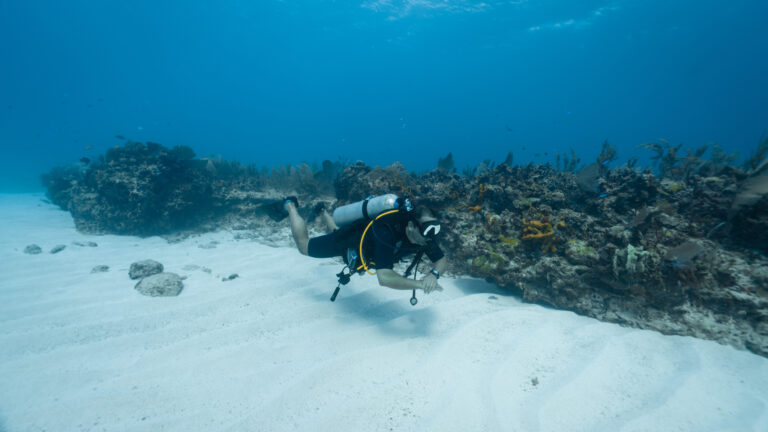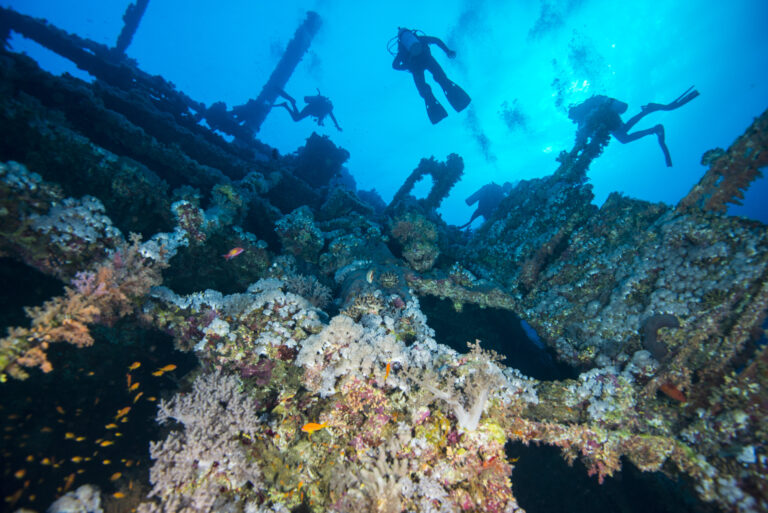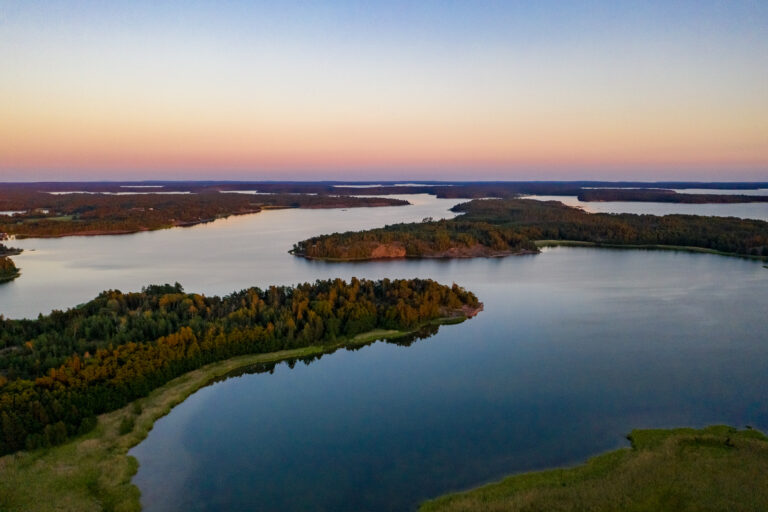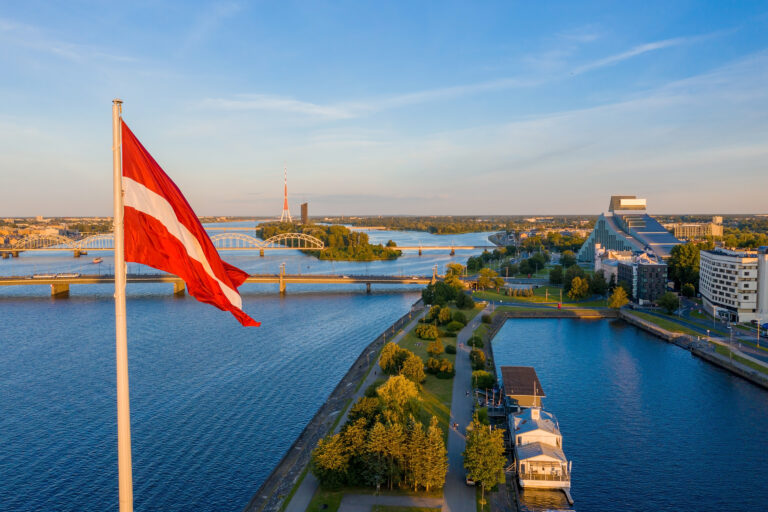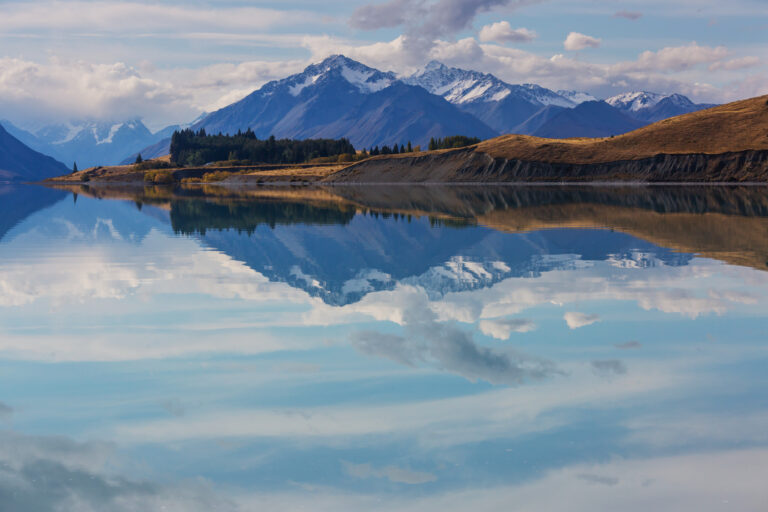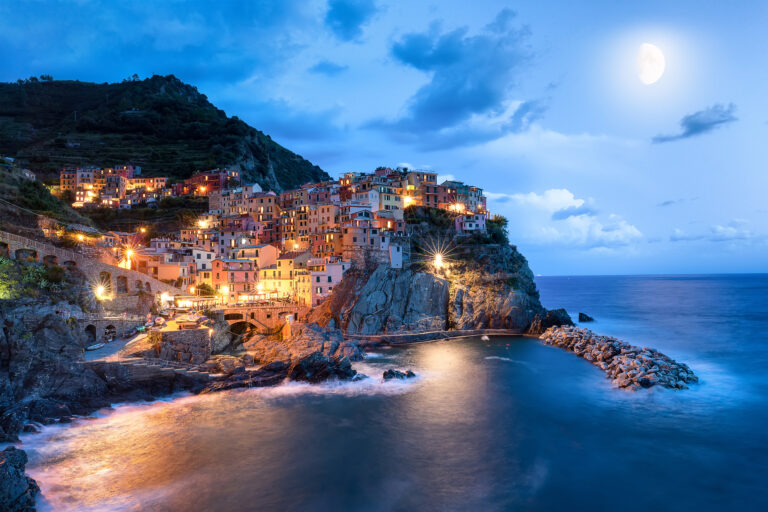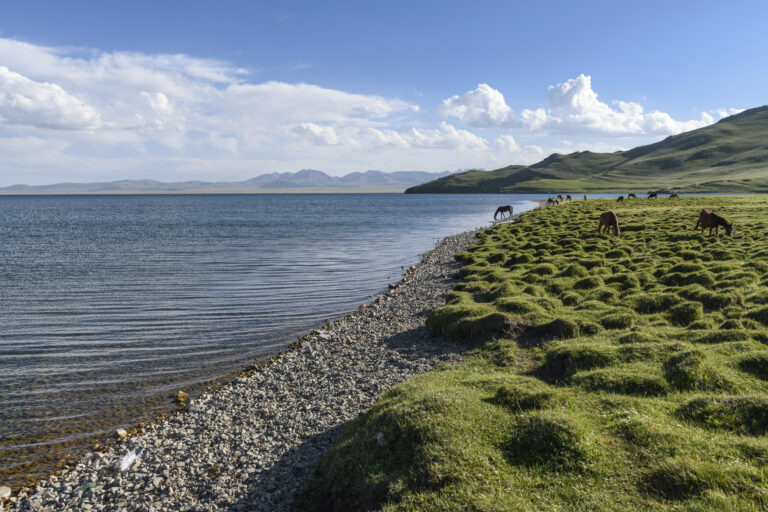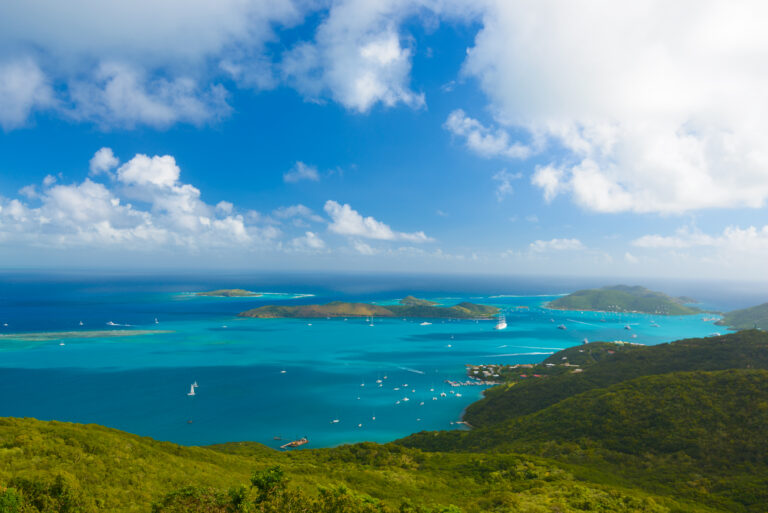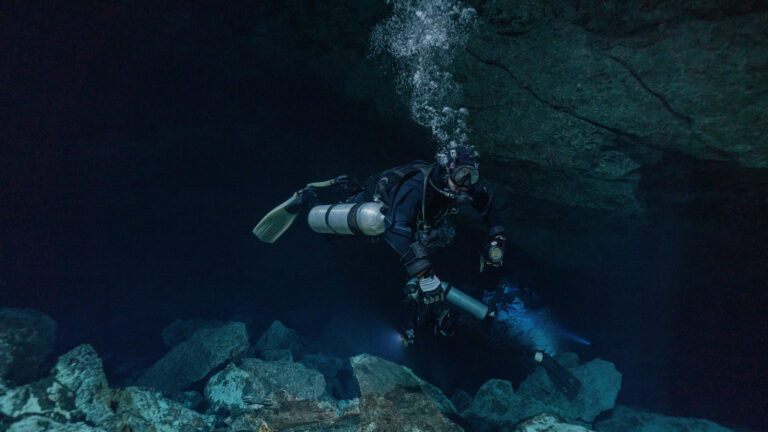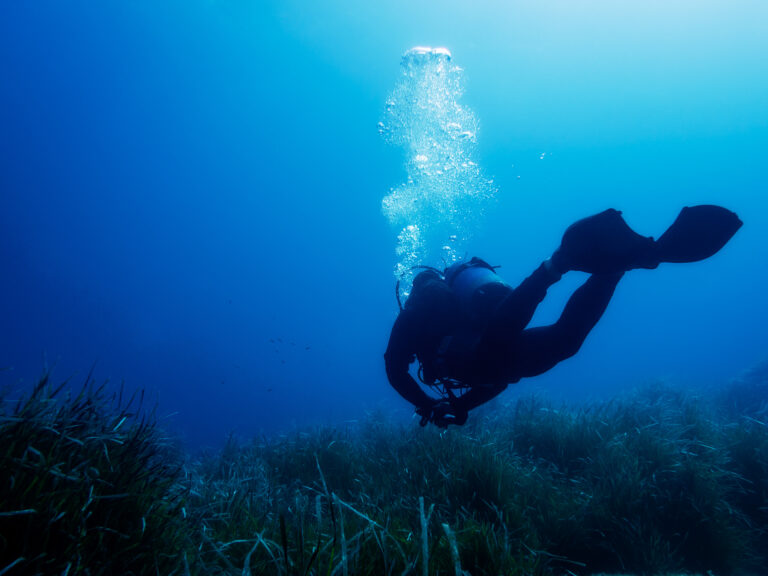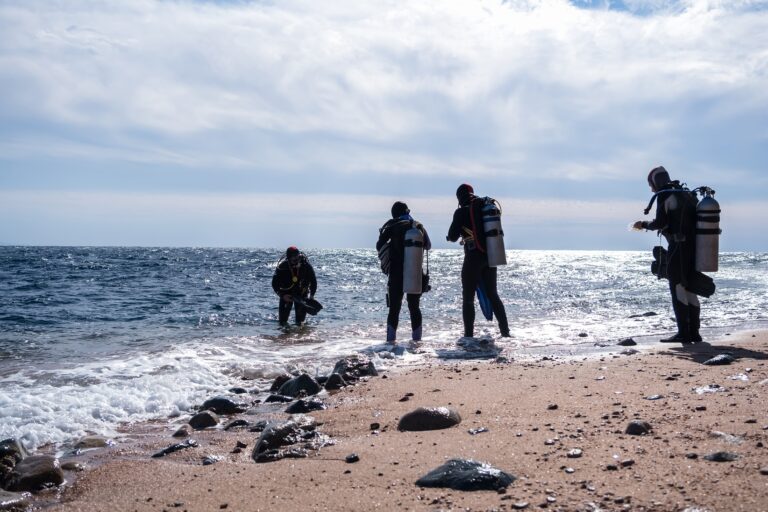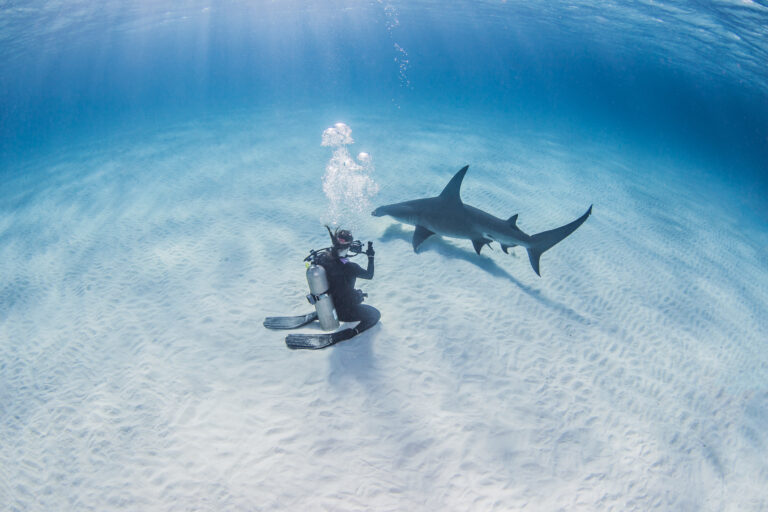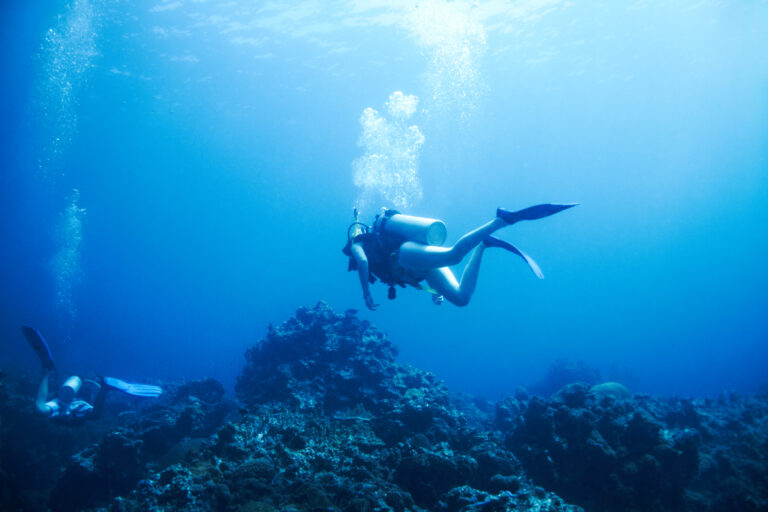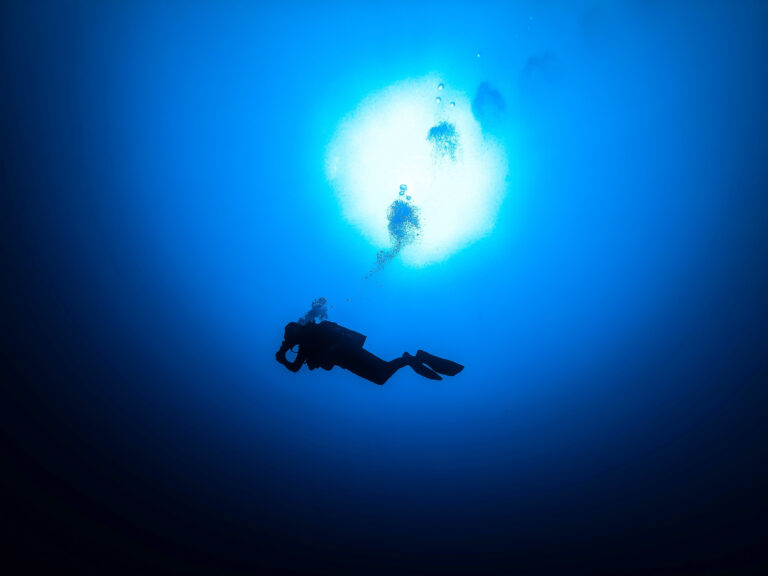SCUBA DIVERS’ TRAVEL GUIDE TO Scotland
Scotland is a land of rugged beauty, rich history, and diverse culture. It is also a scuba diving paradise, offering a range of underwater experiences for divers of all levels. Whether you want to explore the wrecks of the North Sea, the marine life of the Atlantic Ocean, or the freshwater lochs and caves of the Highlands, Scotland has something for everyone. You can dive with seals, dolphins, sharks, and even whales, or marvel at the colorful corals, anemones, and kelp forests. You can also discover the heritage and legends of Scotland through its sunken ships, castles, and monuments. No matter what season you visit, Scotland will enchant you with its scenic landscapes, friendly people, and fascinating dive sites.
LOCATION AND GEOGRAPHY
Scotland, a nation renowned for its rugged landscapes and rich history, offers a unique and often overlooked scuba diving experience characterized by its diverse underwater topography. Nestled in the northernmost region of the United Kingdom, Scotland is surrounded by the Atlantic Ocean to the west and north, the North Sea to the northeast, and the Irish Sea to the south. The intricate coastline is etched with deep sea lochs and fringed by numerous islands, particularly in the Hebrides, Orkney, and Shetland archipelagos. These waters, often brisk and challenging, are home to an array of dive sites, including historic shipwrecks, vibrant cold-water coral reefs, and dramatic underwater landscapes. The geological variety beneath the waves mirrors the terrestrial beauty, with submerged cliffs, caves, and volcanic formations awaiting adventurous divers. Scotland’s position at the confluence of different ocean currents brings a rich mix of marine life to its waters, making it a compelling destination for divers seeking the thrill of exploration in a setting that combines natural splendor with cultural depth.
VISA AND ENTRY REQUIREMENTS
Before embarking on a scuba diving adventure to Scotland’s rugged coastlines and historic shipwrecks, it is essential to understand the visa and entry requirements. As part of the United Kingdom, Scotland follows UK visa policies. Travelers from the European Union (EU), European Economic Area (EEA), and Switzerland can enter Scotland without a visa and stay for up to six months. Citizens from many other countries, including the United States, Canada, Australia, and New Zealand, are also granted visa-free entry for stays of up to six months for tourism purposes, which includes scuba diving. However, visitors from countries not under the visa exemption agreement must apply for a Standard Visitor visa prior to arrival. It is crucial to check the latest information from the UK government’s official website, as visa regulations can change. Additionally, ensure your passport is valid for the entirety of your stay, and you may be asked to provide proof of your return journey and sufficient funds for your visit upon arrival. Always carry your certification and dive insurance, as these may be required by dive operators in Scotland.
GETTING TO Scotland
Getting to Scotland for a scuba diving adventure is a journey that can be as enchanting as the underwater experiences awaiting you. For international travelers, the most common entry points are the major airports in cities like Edinburgh, Glasgow, and Aberdeen, which are well-connected to global hubs. From North America or Europe, direct flights are available to these cities, while connections from other continents are typically routed through London or other European capitals. Once in Scotland, the country’s extensive network of trains, buses, and car rentals makes reaching remote coastal areas and islands, such as the Orkney and Shetland archipelagos, both feasible and scenic. Ferries serve as a vital link to many of the prime diving locations, offering a chance to start soaking in the rugged beauty of Scotland’s seascapes before you even don your wetsuit. Whether you’re arriving by air, rail, or sea, the journey to Scotland is part of the allure, setting the stage for the breathtaking underwater landscapes and rich marine life that await beneath the waves.
BEST TIME TO DIVE
The best time to scuba dive in Scotland is generally from May to September when the water temperatures are slightly warmer, ranging from 10°C to 14°C, and the visibility is at its peak, often exceeding 10 meters in many locations. During this period, the marine life is abundant, and divers can enjoy encounters with a variety of species, from colorful anemones and nudibranchs to larger animals like seals and basking sharks. While diving is possible year-round, winter months can be challenging due to colder temperatures, dropping below 10°C, and reduced daylight hours, which can affect visibility. However, for those willing to brave the cold, winter diving offers a unique tranquility and the chance to see different seasonal species. It’s essential to have appropriate thermal protection, such as a drysuit, and to check local conditions and dive operator schedules, as some may operate on a seasonal basis.
ACCOMMODATION OPTIONS
Scotland, with its rugged coastlines and myriad of islands, offers a unique underwater experience for scuba divers seeking to explore the temperate waters of the North Atlantic and the North Sea. Accommodation options for divers are as varied as the marine life, ranging from cozy bed and breakfasts in quaint coastal villages to full-service dive resorts that cater specifically to the underwater enthusiast. Many divers opt for self-catering cottages or holiday homes that provide the flexibility to set their own schedule, perfect for those early morning dives. For a more immersive experience, liveaboard boats can be found, particularly around the Orkney and Shetland Islands, allowing divers to wake up directly above the dive sites. No matter the choice, divers will find warm Scottish hospitality and the convenience of dive shops and charter services never too far away, ensuring that the focus remains on the rich underwater adventures that Scotland’s seas have to offer.
DIVE OPERATORS AND DIVE SHOPS
In the rugged and mysterious waters of Scotland, dive operators and dive shops serve as the gateway to an underwater realm steeped in history and natural beauty. From the bustling city of Edinburgh to the remote islands of Orkney and Shetland, Scotland’s dive shops are well-equipped to cater to divers of all levels, offering gear rentals, air fills, and a wealth of local knowledge. Operators in Scotland are known for their expertise in navigating the challenging conditions that can accompany diving in temperate waters, such as strong currents and variable visibility. They provide a range of services, including guided dives to historic wreck sites, teeming with marine life and remnants of the past, as well as excursions to encounter the rich biodiversity of Scotland’s sea lochs and kelp forests. Safety and environmental stewardship are top priorities, ensuring that divers not only enjoy the majesty of Scotland’s underwater landscapes but also contribute to their preservation. Whether you’re looking to explore the remains of a sunken Spanish Armada vessel or hoping to catch a glimpse of a playful seal, Scotland’s dive operators and shops are your trusted companions for an unforgettable subaquatic adventure.
TRANSPORTATION WITHIN Scotland
Transportation within Scotland is well-organized and offers a variety of options for scuba divers looking to explore the country’s underwater treasures. For those venturing to remote dive sites, renting a car is often the most convenient choice, providing the freedom to travel on your own schedule and carry bulky gear. Scotland’s roads are well-maintained, and car rentals are available at major airports and cities. For those who prefer not to drive, the country’s extensive public transport network includes trains and buses that service most coastal areas and islands with popular dive spots. Train journeys offer scenic routes, especially through the Highlands, while local buses can get you closer to specific dive locations. For island-hopping divers, ferries are a scenic and essential mode of transport, connecting the mainland to the diving havens of the Hebrides, Orkney, and Shetland Islands. Always check the schedules in advance, as some routes may be seasonal or weather-dependent. For the ultimate convenience, some dive operators offer package tours that include transportation to and from dive sites.
CURRENCY AND PAYMENT METHODS
When planning a scuba diving trip to Scotland, it’s important to note that the currency used is the British Pound Sterling (£). Credit and debit cards are widely accepted, especially Visa and Mastercard, and you’ll find ATMs in most urban areas and even in some smaller towns close to popular dive sites. However, it’s advisable to carry some cash for transactions in remote areas, small local dive shops, or when patronizing charter boats that might not have card facilities. Contactless payments are also common in many establishments. It’s worth checking with your bank about foreign transaction fees and informing them of your travel plans to avoid any issues with card usage. For the best exchange rates, consider exchanging your money at a bank or using a currency exchange service before heading to more secluded diving locations. Remember, while Scotland is part of the United Kingdom, Scottish banks issue their own banknotes, which are widely accepted throughout the country but can sometimes be met with confusion if used in other parts of the UK, so it’s a good idea to spend or exchange these before departing Scotland.
LANGUAGE AND COMMUNICATION
When diving in Scotland, communication both above and below the surface is key to a safe and enjoyable experience. English is the primary language spoken, with a distinctive Scottish accent that can vary widely from region to region. It’s worth familiarizing yourself with some local terms and phrases, as well as the names of native marine life, to enhance your interactions with local dive operators and enthusiasts. Underwater, divers use the standard hand signals recognized internationally to convey messages such as air supply levels, potential hazards, and directional cues. However, it’s important to discuss any additional or alternative signals with your dive buddy or guide before submerging, as local practices may include variations. Dive briefings will typically be thorough, and it’s crucial to pay close attention to ensure you understand the specifics of the dive site, including entry and exit points, currents, and any site-specific procedures. Whether engaging with the friendly locals or exploring Scotland’s underwater marvels, clear and effective communication will greatly enrich your scuba diving adventure in this rugged and beautiful part of the world.
LOCAL CULTURE AND ATTRACTIONS
Scotland, while renowned for its dramatic landscapes and historic castles, offers a unique blend of cultural experiences and attractions that perfectly complement the underwater adventures awaiting scuba divers. After exploring the rich marine life and mysterious shipwrecks in the cold, clear waters, divers can immerse themselves in the local culture by attending a traditional ceilidh, where the lively sounds of fiddles and bagpipes fill the air. Visitors can savor the flavors of Scotland’s culinary staples, such as haggis and fresh seafood, and perhaps partake in a whisky tasting at one of the many distilleries dotting the rugged coastline. The country’s storied past is ever-present in its numerous heritage sites, from the Neolithic village of Skara Brae in Orkney to the iconic Eilean Donan Castle. Each dive site in Scotland is often just a stone’s throw away from picturesque villages, where one can wander through local markets, explore artisanal crafts, and engage with friendly locals who are proud to share their Gaelic language and tales of Celtic folklore. Whether it’s the Edinburgh Festival Fringe in the vibrant capital or the serene beauty of the Isle of Skye, Scotland’s cultural tapestry is as captivating above the water as the marine treasures are below.
CULTURAL ETIQUETTE AND TIPS
When scuba diving in Scotland, it’s essential to approach the experience with a deep respect for both the local culture and the marine environment. The Scots are known for their warm hospitality, but also for their strong sense of conservation. Always ask permission before diving on private land and be mindful of protected areas. It’s customary to engage in friendly conversation with locals, who may offer invaluable advice on the best dive spots or share tales of historical shipwrecks. Be sure to adhere to the buddy system and local diving regulations, as safety is highly regarded. After your dive, it’s not uncommon to find yourself in a cozy pub; take this opportunity to mingle with the community, perhaps over a dram of local whisky. Remember to express gratitude – a simple “thank you” or “cheers” goes a long way in Scotland. By showing respect and courtesy, you’ll not only enrich your diving adventure but also help preserve the unique charm and natural beauty of Scotland’s underwater world.
LOCAL LAWS AND REGULATIONS RELEVANT TO TOURISTS
When planning a scuba diving trip to Scotland, it is essential to acquaint yourself with local laws and regulations to ensure a safe and lawful experience. Scotland enforces strict marine conservation laws, including the Marine (Scotland) Act 2010, which aims to protect its diverse marine ecosystems. Divers should be aware of Marine Protected Areas (MPAs) where activities may be restricted to safeguard wildlife and habitats. It is illegal to remove any historical artifacts from wreck sites, as many are protected by the Protection of Wrecks Act 1973, and doing so could result in hefty fines or prosecution. Additionally, divers must adhere to the Scottish Outdoor Access Code, which provides guidance on responsible conduct, including respecting the privacy of coastal residents and avoiding disturbance to marine life. Always check for local bylaws and obtain any necessary permits or permissions, especially when diving in regulated sites or accessing launch points through private land. Lastly, ensure that you are diving within the limits of your certification and experience, as the Scottish waters can be challenging due to variable weather conditions, cold temperatures, and strong currents.
SAFETY TIPS AND EMERGENCY CONTACTS
When diving in Scotland’s captivating waters, safety must be your paramount concern due to the challenging conditions such as cold temperatures, strong currents, and limited visibility. Always dive within your certification limits and ensure you’re well-equipped with a dry suit, a dive computer, and a surface marker buoy. Prior to your dive, check the local weather and tide forecasts, and be familiar with the emergency ascent procedures. It’s crucial to have a detailed dive plan and to never dive alone; always have a buddy or join a guided group. Keep the contact information for the nearest hyperbaric chamber, which in Scotland is often associated with the NHS and can be found in Aberdeen, Oban, and the Orkney Islands. In case of an emergency, contact the Maritime and Coastguard Agency by calling 999 or 112 and ask for the coastguard, who are trained to assist in diving emergencies. Additionally, ensure you have appropriate dive insurance that covers hyperbaric treatment and familiarize yourself with the local emergency procedures at your chosen dive site. Remember, the key to a safe and enjoyable dive in Scotland is preparation and respect for the local marine environment and its conditions.
HEALTH AND TRAVEL INSURANCE
When planning a scuba diving trip to Scotland’s rugged coastlines and mysterious lochs, it’s crucial to consider your health and travel insurance coverage. The unpredictable Scottish weather and the challenging diving conditions, which can include strong currents and lower visibility, make it essential to have a policy that covers scuba diving activities. Ensure that your insurance includes coverage for hyperbaric treatment in case of decompression sickness, as well as medical evacuation and repatriation, should you need to be transported to a specialized facility or back home. Given the remote locations of some of the best dive sites, such as the Sound of Mull or the Orkney Islands, access to immediate medical care may be limited, further underscoring the importance of comprehensive insurance. Before you don your drysuit and plunge into the cool, emerald waters to explore historic wrecks and vibrant marine life, double-check that your insurance is valid for the duration of your stay in Scotland and that it specifically covers scuba diving to the depths you are certified to explore.

